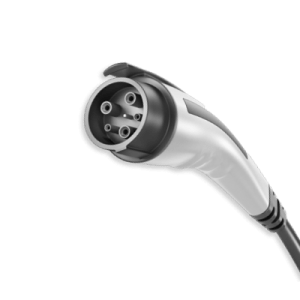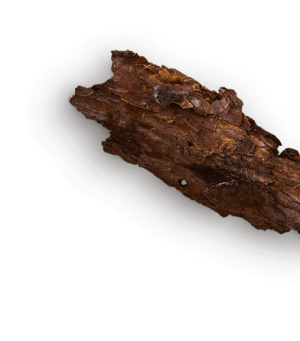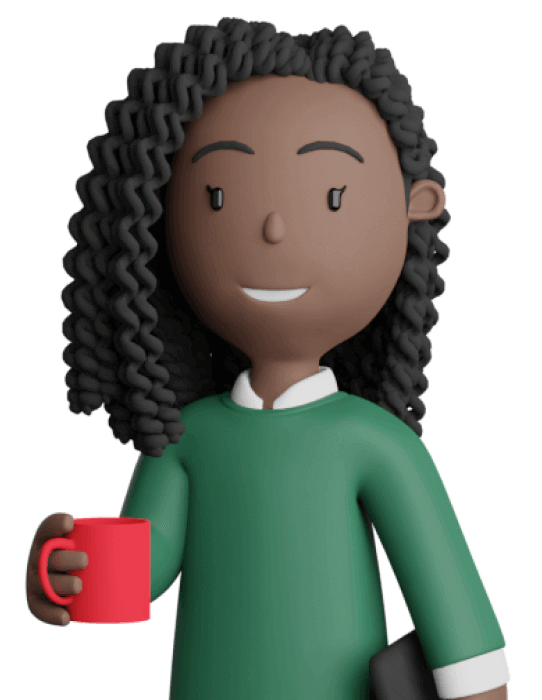Sustainability
Sustainability and you
You can help protect the environment through sustainability and stewardship.
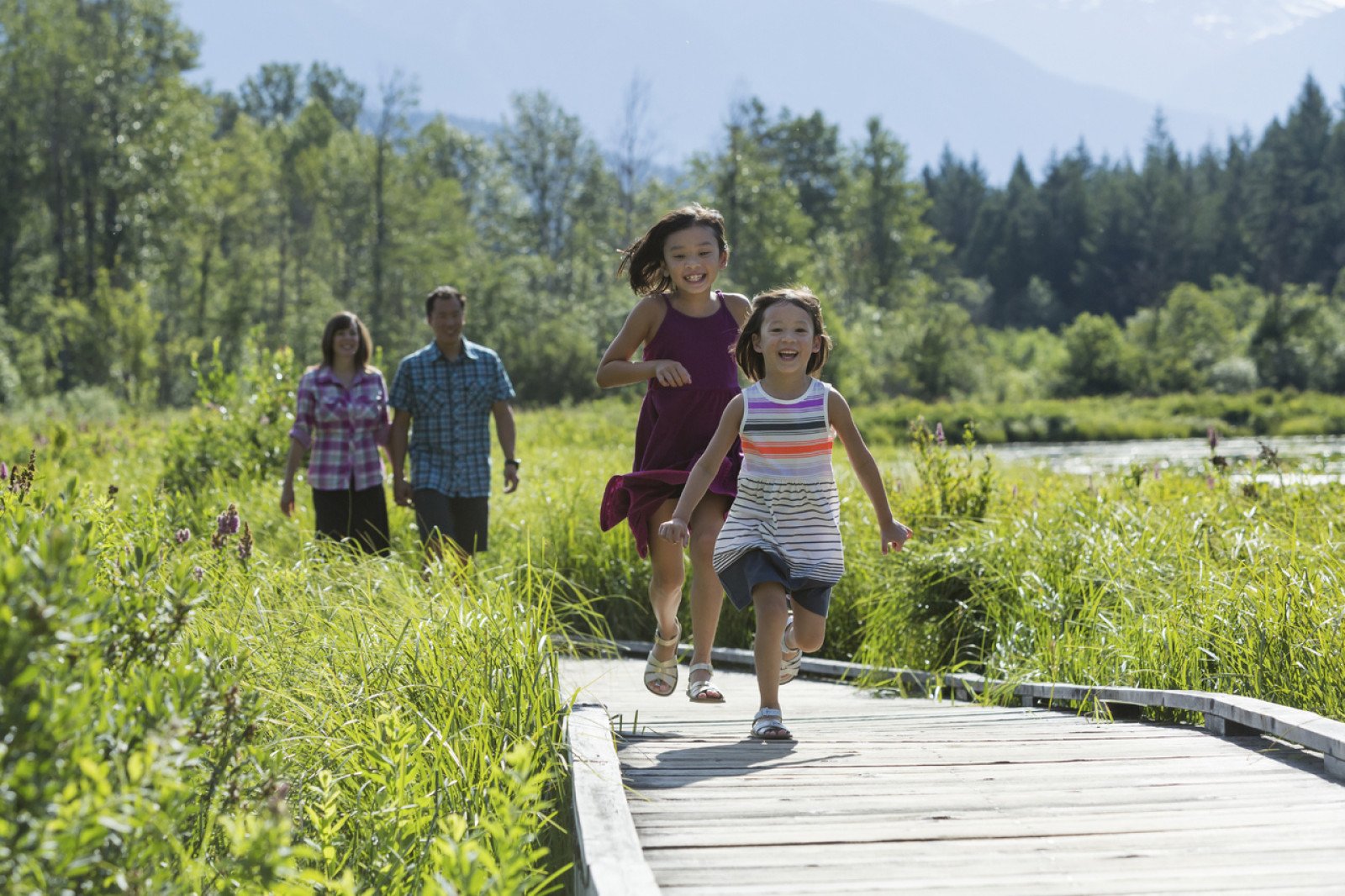
Overview
Your students explore the concepts of sustainability and stewardship and the relationship between Indigenous communities and the environment.
Instructions
What you'll need
- Copies of the “Sustainability and you” worksheet for each student
- Ask your students if they are familiar with the word “sustainability”. As a class, discuss what it might mean.
- Have students work with a partner to read the first section of the “Sustainability and you” worksheet. Each pair should choose three places in the text to stop and discuss what they have read. During these mini-conversations, each student has 30 seconds to share their thoughts with their partner. You can also choose a reading strategy that is appropriate to the reading level and needs of your students.
- As a class, revisit the term “sustainability” and discuss what it means. Talk about what stewardship is. Ask your students to list some examples.
- Have your students write or draw ways they can demonstrate sustainability and stewardship on the second page of the “Sustainability and you” worksheet.
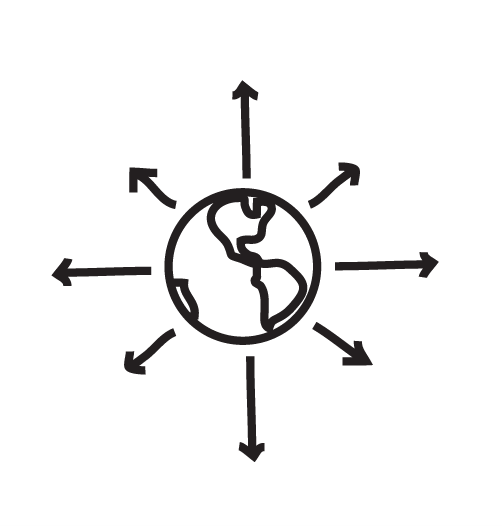
- Students share their ideas first with their partner and then with the class. Ask students to finish the worksheet, writing their own statement to describe sustainability. Discuss these statements and compare ideas as a class.
Modify or extend this activity
- Have your students conduct research into how local Indigenous communities define sustainability. Contact the Indigenous Education team at your school district to get resources about how Indigenous people are connected to the environment. Invite an elder from a local Indigenous community to visit your classroom.
- Read Just a Dream (Chris Van Allsburg) and discuss how small choices can make a difference.
- Read The Lorax (Dr. Seuss) and discuss how sustainability and stewardship could change the outcome of the story.
Curriculum Fit
Science 5
Content
- Indigenous concepts of interconnectedness in the environment
- Indigenous knowledge of sustainable practices
- The nature of sustainable practices around B.C.’s resources
Science 4, 5, 6, 7
Curricular competencies
Processing and analyzing data and information
- Identify First Peoples perspectives and knowledge as sources of information (Grade 4, 5, 6)
- Apply First Peoples perspective and knowledge, other ways of knowing, and local knowledge as sources of information (Grade 7)
English Language Arts 4, 5, 6, 7
Curricular competencies
Comprehend and connect
- Use a variety of comprehension strategies before, during, and after reading, listening, or viewing to deepen understanding of text (Grade 4, 5)
- Apply a variety of thinking skills to gain meaning from texts (Grade 4, 5)
- Respond to text in personal and creative ways (Grade 4, 5)
- Apply appropriate strategies to comprehend written, oral, and visual texts, guide inquiry, and extend thinking (Grade 6, 7)
- Recognize and appreciate how different features, forms, and genres of texts reflect various purposes, audiences, and messages (Grade 6, 7)
- Respond to text in personal, creative, and critical ways (Grade 6, 7)
Assessments
- Collect the “Sustainability and you” worksheets and assess them for completion and understanding according to grade level.
- Students should demonstrate that they’ve read and understood the information presented in the reading and discussions.
Teaching Notes
- In 1987, the Brundtland Report was published. It provides a definition of sustainability that is the standard for sustainable development as we know it today:
- “Sustainability or sustainable development is development that meets the needs of the present, without compromising the ability of future generations to meet their own needs.”
- Stewardship is often connected to the idea of managing and taking care of natural resources.
- "The conducting, supervising or managing of something; especially the careful and responsible management of something entrusted to one’s care." –Merriam-Webster Online





